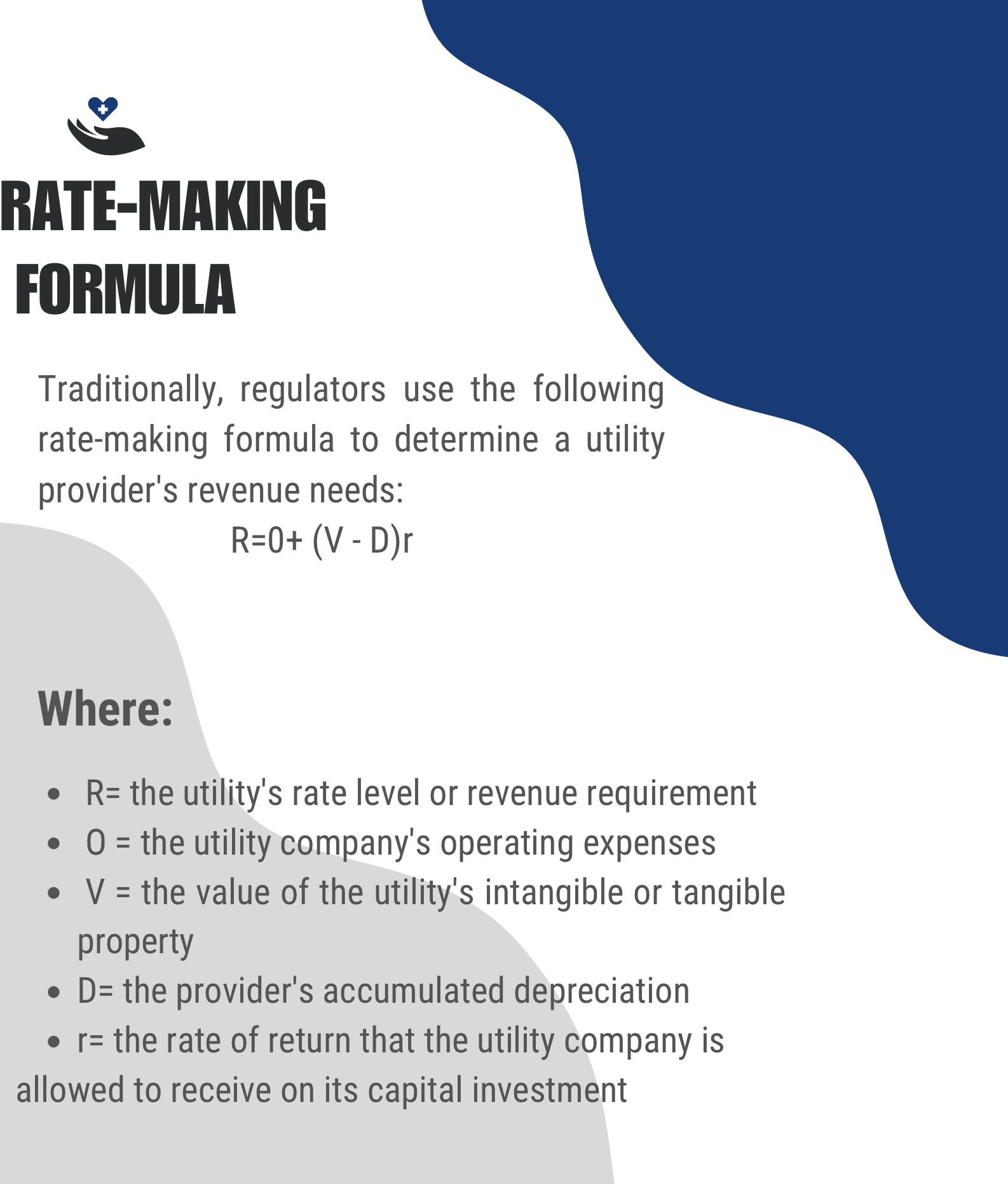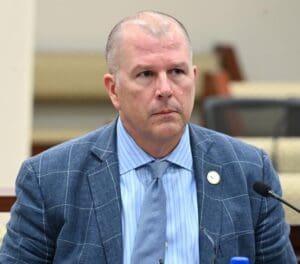
Editor’s Note: This article is the second in a four-part series looking at the the V.I. Water and Power Authority, its past failures and challenges, and its more recent efforts to build a more affordable, reliable and modern grid. Read Part 1 here.
Efforts to privatize the V.I. Water and Power Authority have been criticized with the claim that WAPA could be making a profit for the government. That has not happened in this century. WAPA has been receiving a subsidy from the government to keep afloat, has been failing to maintain its infrastructure, and is charging territory residents rates with which no customer is happy.
Some of the factors contributing to WAPA’s financial problems are obvious — government not paying its bills in a timely fashion, under-recovery of fuel costs, and the inability of an island territory to connect to other grids.
Legislators and residents also conjecture that mismanagement of the utility is a major factor. In hindsight, looking at the Vitol propane conversion deal, it would be hard to deny that impression. However, as the utility has had four full-time chief executive operating officers and a couple of acting CEOs in the last 20 years and is under a constantly changing governing board, it is hard to pin the blame on anyone.
The Senate has made efforts to change the operations of WAPA but those efforts have had little effect. It can be argued that the politicians’ efforts were wrongheaded or just not implemented sufficiently by WAPA.

According to the U.S. Energy Information Administration, the average cost for a kilowatt hour for a stateside utility was 15.47 cents in January. Those utilities are generally making a profit. WAPA’s current residential rate is 41 cents for the first 250 kilowatt hours and 43 cents for all power consumed thereafter, and WAPA still needs more money to break even.
The only utility having a rate comparable to the Virgin Islands is Hawaiian Electric, at 45 cents. The following paragraph appears on Hawaiian Electric’s webpage and could very well appear on WAPA’s webpage with a name change.
“The cost of electricity in Hawaii is generally higher than on the U.S. mainland because the electric systems on each island are independent. There are no neighboring utilities from which to draw power in the event of a problem. Thus, we must build additional backup capabilities into our systems. Additionally, our state’s remote location adds to the cost of doing business.”
Hawaii’s plan to combat this situation with alternative energy is like the Virgin Islands’ plan but Hawaiian Electric is probably two years ahead of WAPA.
Last summer Hawaii announced Mililani I Solar, the first of nine clean energy projects slated to come online through 2024, was feeding lower-cost renewable energy to its grid. The release added, “Over time, these projects will help stabilize the cost of energy for customers.”
Mililani I Solar is expected to generate 39 megawatts and includes a 156-megawatt-hour battery for 9 cents per kilowatt-hour. It offers the lowest price per kilowatt-hour among Oahu renewable energy projects currently under development or awaiting regulatory approval.
Recently, another project, Clearway Energy’s Waiawa Solar Power, also came online. It is to generate 36 MW and is paired with a 144 MWh battery. It is expected to generate power at 10 cents per kilowatt-hour.
A Hawaiian Electric press release stated, “These renewable energy resources provide long-term price stability because they’re locked in at a contracted price, typically from nine to 13 cents per kilowatt-hour for solar and storage.” That statement is almost word-for-word what WAPA’s current CEO Andrew Smith has been saying publicly about projects being proposed this year.
Those projects, which have recently gone through the WAPA Governing Board and Public Services Commission approval process, look like Hawaii’s.
At the end of March, the WAPA board gave the go-ahead for five alternative energy projects.
One contract with St. Croix Wind is not to exceed 35 megawatts, nor is power sold to exceed 12 cents per kilowatt hour for 25 years, with the option for a five-year extension. On St. Thomas, a contract with Bovoni Wind is not to exceed 20 megawatts with the same conditions as the St. Croix contract.
Power purchase agreements for solar projects on St. Thomas, St. John, and St. Croix also have a fixed-price term of 25 years and a five-year extension option.
The St. Croix solar contract is not to exceed 22 MW, the St. John contract is not to exceed 20 MW, and the St. Thomas contract is not to exceed 24 MW.
“Our efforts at the Water and Power Authority are in line with the integrated resource plan and with every utility company in the world’s initiatives in seeking alternative energy sources,” noted Smith in a press release. “A fixed price protects us from volatile commodity prices seen in fuel.”
This is not the first time that WAPA has conceived alternative energy projects to cut fuel costs, only to have the projects progress no further than the drawing table. Legislators remain skeptical of the authority’s efforts to bring about the projects and fiscal prosperity.
Sen. Donna Frett-Gregory, in a conversation in mid-April with the Source, pointed to a bill the Legislature passed in May 2021. The bill called for WAPA to hire a turnaround management company. The company would have experience in improving the performance of utilities and utility operations to include production, generation, and operational efficiency.
The bill required that in less than 120 days after being hired, the turnaround management company submit to the Legislature and the governor an account of the financial status of the authority; the status of all ongoing programs and projects at the authority; an assessment of the current organizational and management structure of the authority; and an assessment of all energy plans considered by the authority that provide for appropriate base rates.
She pointed out that never happened and that the Legislature passed another bill in 2021 calling for the reorganization of WAPA’s Governing Board. Instead of an immediate reorganization of the board, there was a long-drawn-out legal battle. The board sent out a press release at the end of March saying, “The Governing Board and legal counsel confirm that the Governing Board structure is legally compliant after reflecting the removal of Joel Lee, director of the Bureau of Internal Revenue, because the legislation limits government Board membership to the Director of the Virgin Islands Energy Office.”
An effort to delay enforcement of the law was still in the court system but the V.I. Supreme Court on April 4 shot down that appeal too.
This history made several legislators hesitate when Smith and members came before the body in April requesting a line of credit to pay off Vitol and get out of a contract that almost everyone perceives is a bad one.
Sen. Alma Francis-Heyliger was concerned about the inability of the authority to provide senators with documentation showing the exact amount of its debt to Vitol and how a payment of $45 million would fix everything.
Sen. Franklin D. Johnson said the deal “raises a lot of eyebrows.”
After a contentious debate, the bill did pass on an 11 to 4 vote. Sen. Kenneth Gittens, one of those voting against the bill, had his bill, appropriating $250,000 to have the Inspector General’s Office conduct a special investigation and audit of WAPA, introduced. It passed unanimously. The investigation bill passed in the 34th Legislature but it was vetoed by the governor in January.

“This buyout of WAPA’s debt to Vitol is part of WAPA’s strategic plan and is a critical path to sustainability for WAPA because WAPA’s debt to Vitol represents its single largest debt and operating cost. The authority has on several occasions reviewed the strategic plan that will not only reduce the debt of WAPA but also get us closer towards reducing the customer rate,” testified Smith.
But as WAPA succeeded in the Senate, another setback struck.
On April 12, Smith reported that the much-touted energy efficiency project adding four energy efficiency Wartsila generators at the Randolph Harley Power Plant on St. Thomas was being delayed. However, the first fire of one of the generators, Unit 5, finally occurred on June 16, and the team continues to move through the commissioning phases, with completion expected in August, noted WAPA spokesperson Shanell Petersen.
They will run on diesel initially, with operation on propane to follow thereafter, Smith has said.





